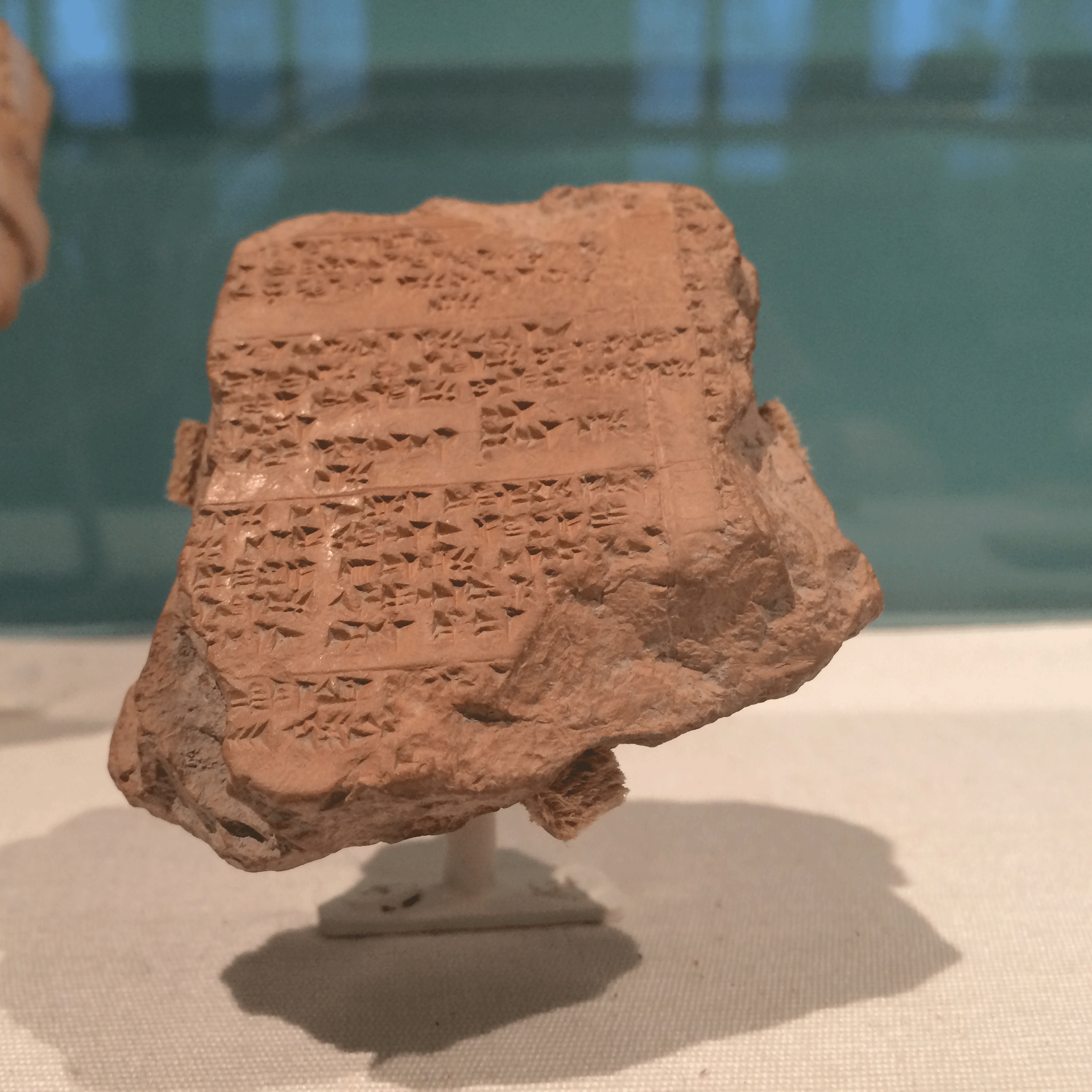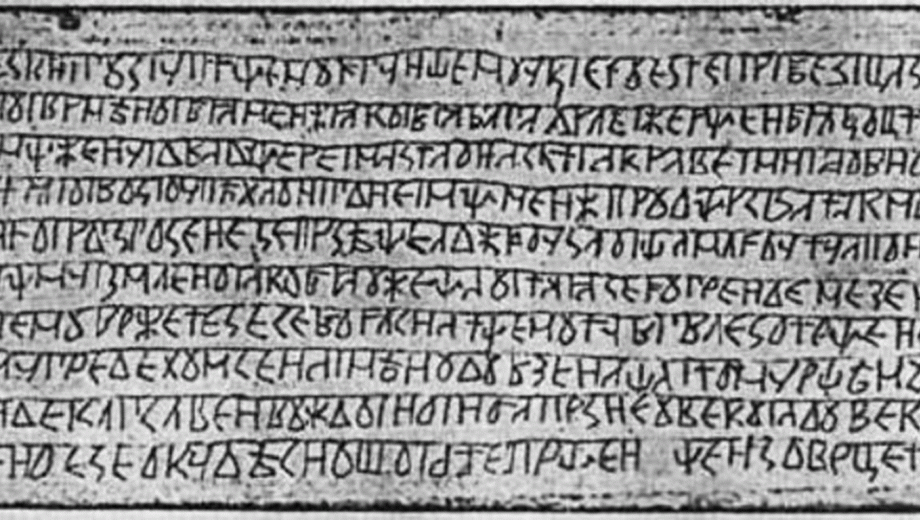UChicago assistant professor Yaroslav Gorbachov claims, “Historical linguistics is probably the least practical subfield of linguistics.” He then describes in detail two of many useful applications that prove historical linguists such as himself to be essentially detectives.
One such skill is deciphering rediscovered ancient languages, such as Hittite, which has been studied and decoded in great depth by the Oriental Institute’s Chicago Hittite Dictionary Project. “At the turn of the twentieth century, Hittite royal archives were discovered in the middle of Turkey,” Gorbachov says. “It was written in cuneiform, which we knew how to read by then, but the language was nothing that had been seen before.”
Historical linguists realized it was an Indo-European language, related to Germanic and Slavic languages—a crucial starting point. Gorbachov notes how similar some Hittite is to English: “Their word for water, for example, is watar. And this is how historical linguists gradually began to untangle this maze of unfamiliar words.”
After 40 years of work, the Chicago Hittite Dictionary is now a comprehensive, bilingual Hittite-English dictionary. According to the project’s website, it’s “not just a list of words and their meanings, but rather a lexicon of Hittite society that reflects its ideas and material world in all its aspects.”

The second application Gorbachov described is debunking fraudulent texts. He cites an example from his native language, “the famous—at least in Russia famous—so-called Book of Veles.” (Veles was a Slavic god of cattle and riches). The Book of Veles was allegedly discovered as a collection of carved wooden planks, translated, and then lost in the first half of the twentieth century. A transcription and photograph of one plank were published in a California-based Russian newspaper in the late 1950s.
The text, supposedly written in ancient, pre-Christian Russian, speaks of “the Slavs or proto-Russians, how they lived and whom they fought and so on,” says Gorbachov. “But one can tell right away that the Book of Veles is a fabrication. A historical linguist will always be able to tell immediately whether something is genuine or something is not,” he says, “by knowing the sound laws”—language rules that describe how particular sounds change in particular environments. “If you are a Slavic linguist who works with the history of the Slavic languages, you know immediately this could not have existed. This is a forgery and a crude one at that.”
Beyond historical linguistics’ applications and the pursuit of fundamental knowledge, Gorbachov pursues the field because it’s fun. He doesn’t publish on the anthropological aspects of studying ancient texts, because it is too broad an academic range in addition to his formal theoretical research, but he finds such work “so much fun because you get to step into the mind of a medieval writer or even a Bronze Age writer.” Writing is at least 5,000 years old, “so you get to read compositions from the second millennium BCE, written by somebody who lived before you and had feelings, had fears and aspirations, and you become that person for a minute.”
Gorbachov studies linguistics as much for the sake of culture as for the language itself. “You get to know a lot about who we are as humans if you read compositions of ancient peoples, their mythology, their poetry, their chronicles, their way of thinking, their understanding of human condition, their understanding of sin. This is an additional perk you get as a historical linguist, the human dimension behind ancient texts.”


Add new comment